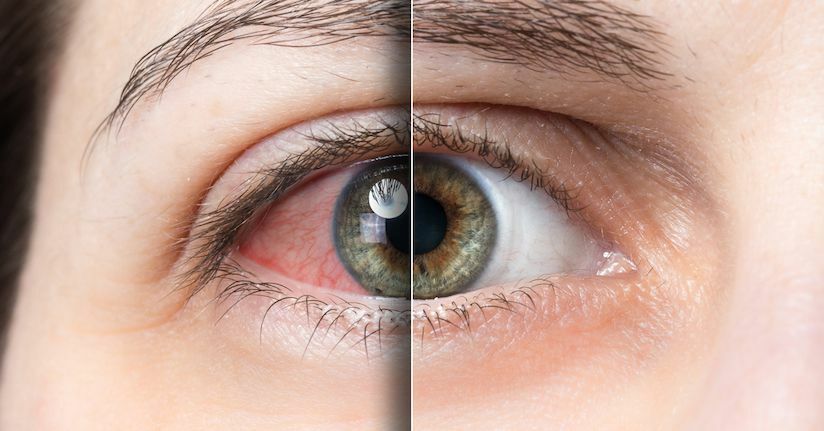Best Eye Clinic In Viman Nagar Pune

Best Eye Specialist In Viman Nagar Pune
Dry eye is common — it affects millions of Americans every year. The good news is that if you have dry eye, there are lots of things you can do to keep your eyes healthy and stay comfortable.
What is dry eye?
Predisposing factors for dry eye
Dry Eye Causes
Here are some other causes of dry eye.
• Certain diseases, such as rheumatoid arthritis, Sjögren’s syndrome, thyroid disease, and lupus
• Blepharitis (when eyelids are swollen or red)
• Entropion (when eyelids turn in); ectropion (eyelids turn outward)
• Being in smoke, wind or a very dry climate
• Looking at a computer screen for a long time, reading and other activities that reduce blinking
• Using contact lenses for a long time
• Having refractive eye surgery, such as LASIK
• Taking certain medicines, such as:
o Diuretics (water pills) for high blood pressure
o Beta-blockers, for heart problems or high blood pressure
o Allergy and cold medicines (antihistamines)
o Sleeping pills
o Anxiety and antidepressant medicines
o Heartburn medicines
Tell your ophthalmologist about all the prescription and non-prescription medicines you take.
How Is Dry Eye Diagnosed?
- Your ophthalmologist will begin with an eye exam. He or she will look at your eyelids and the surface of the eye. They will also check how you blink.
- There are many different tests that help diagnose dry eyes. Your ophthalmologist may do a test that measures the quality or the thickness of your tears. He or she may also measure how quickly you produce tears.
Adding Tears
Your ophthalmologist might tell you to use artificial tears. These are eye drops that are like your own tears. You can use artificial tears as often as you need to. You can buy artificial tears without a prescription. There are many brands. Try a few until you find a brand that works best for you.
If you use artificial tears more than six times a day or are allergic to preservatives, you should use preservative-free tears. This is because if the tears with preservatives are used a lot, these chemicals may start to irritate your eyes.
Your ophthalmologist may suggest blocking your tear ducts. This makes your natural tears stay in your eyes longer. Tiny silicone or gel plugs (called punctal plugs) may be inserted in your tear ducts. These plugs can be removed later as needed. Your ophthalmologist could also recommend surgery that permanently closes your tear ducts.
Your ophthalmologist might have you use a prescription eyedrop medication. This helps your eyes make more of their own tears
• prescription eye drops or ointments
• warm compresses on the eyes
• massaging your eyelids
• certain eyelid cleaners
Stay away from very warm rooms. In the winter, add moisture to the air with a humidifier. Or put a pan of water near your heater or radiator.
Protect your eyes from drying wind by wearing wrap-around glasses outside.
Talk to your ophthalmologist about adding omega-3 fatty acids to your diet for dry eye relief. They are found naturally in oily fish (such as salmon, sardines, tuna, trout, and anchovies), and in flaxseeds. Omega-3 fatty acids can be added as a dietary supplement (pill or tablet).
Do you wake up with dry and scratchy eyes? Use artificial tear ointment or thick eye drops just before you go to bed.
Most people blink about five times a minute. Eyelid problems can affect the blinking motion that spreads the tear film evenly across the eyes.
Eyelid problems include ectropion, where the eyelid turns outward, or entropion, where it turns inward. Inflammation along the edge of the eyelids, known as blepharitis, may also cause dry eyes, as can contact lenses.
Universal eye health is our specialty
Caring for Eyes Since 2014
We've been operating for over 8 years and have a wealth of experience in helping families with their vision.
Cutting Edge Technology
We lead the way in acquiring the very latest technology for your eyes.
Tailored Comprehensive Eye Exams
We offer hours to suit your family's schedules - 6 days a week.
Handy Locations
Easy to access location viman nagar pune - all with free parking.
Friendly, Caring & Professional Service
Our team are warm and welcoming, helping you to relax and even enjoy your time in the practice.
Extensive Range
We offer all the major Designer brands and all forms of corrective lenses